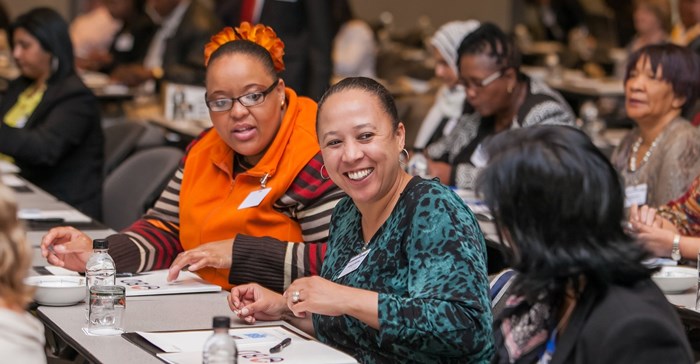
Top stories





Energy & MiningGlencore's Astron Energy gears up with new tanker amidst Sars dispute
Wendell Roelf 13 hours

More news

















Logistics & Transport
Uganda plans new rail link to Tanzania for mineral export boost











A statistic like that cannot be ignored because the ramifications on the health of billions around the world are grave. Developing countries face the brunt of the problem with sub-Saharan Africa carrying 2% of the global burden of disease and having only 3% of the world’s healthcare force to keep the healthcare buoyant.
The report further states that this shortage can be attributed to non-existent or under-resourced training institutions, low remuneration and the slow rate at which retiring professionals are replaced.
“Although medical technology has a big role to play in the provision of health services, the human factor is unique. We must not undermine the effect of the depletion of this precious human resource on the lives of the millions of people who pass through our clinics and hospitals,” said Ian Wakefield, general manager for Southern Africa at medical device company, BD.
A major focus for BD has been fostering partnerships with various public and private entities to advocate for the improved effectiveness of occupational safety systems to protect healthcare professionals and patients from needlestick injuries.
The risk of needle or sharp injuries causes work-related stress and is a possible pathway for transmitting blood-borne infections like HIV and hepatitis B and C. The efforts have resulted in the forging of healthcare worker safety alliances and improved training on the use of safety devices in hospitals and blood collection facilities.
The theme for this year’s International Nurses Day focuses on nurses as a change agent for improving surveillance in the health system. Wakefield explains that this goal is directly linked to current efforts to improve surveillance of needle safety and related incidents across the healthcare system.
He cautions that it cannot be achieved unless endemic challenges like resource shortages, project management and leadership throughout the system are addressed.
“The issues are not a secret and we as the private sector cannot sit back and watch problems persist without offering our assistance. We are part of the solution, but the will to intervene must originate from nurses, doctors and patients if we are to start seeing notable improvements in the system and the quality of the health service,” concluded Wakefield.